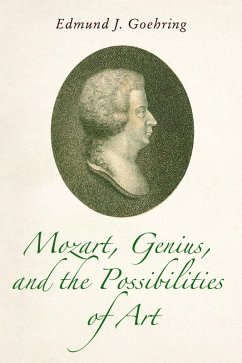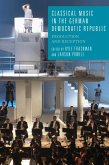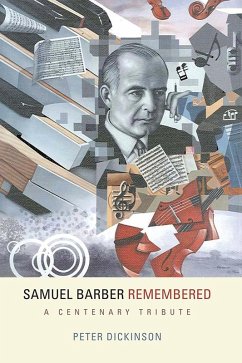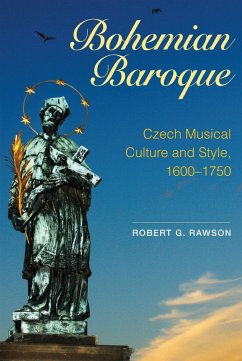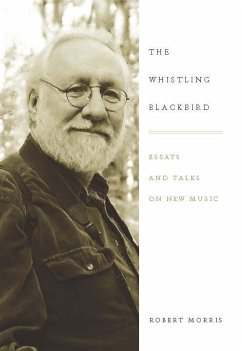Demonstrates that the concept of genius is as vitally needed as ever and can illuminate the workings of Mozart's creative imagination. Much recent, distinguished Mozart criticism has set out a critique of the concept of genius. Whether following the scientist seeking greater objectivity, the postmodernist proclaiming the death of the author, the historian concerned about anachronism, or the critic who warns about making despotic claims, this demystifying literature has taken the weakening of genius's accumulated cultural authority as an indispensable step in arriving at a clarified Mozart. Mozart, Genius, and the Possibilities of Art advances a contrary claim. It proposes that anti-Romantic accounts of Mozart's genius themselves get lost in both the infinitely big-in utopianism and millenarianism-and the infinitesimally small-in materialism and process. Throughout, the book buttresses this argument with probing readings from contemporary documents ranging from ephemeral periodical literature to Kant's Third Critique, along with original analyses of the music itself. Goehring's book goes on to detail a contrasting Romantic portrait of Mozart's genius, one that allowed for ambiguity, embraced experience, and did not scorn reason. In Mozart's day, the term genius spoke to the unquantifiable and unpredictable in human inventiveness. And it continues to do so today. Goehring shows how the persisting fascination with an ingenious Mozart wells up from the middle of things, from the particularity of human beings-their "genie"-and the visible yet complex world of human intention and action.
Dieser Download kann aus rechtlichen Gründen nur mit Rechnungsadresse in A, D ausgeliefert werden.

